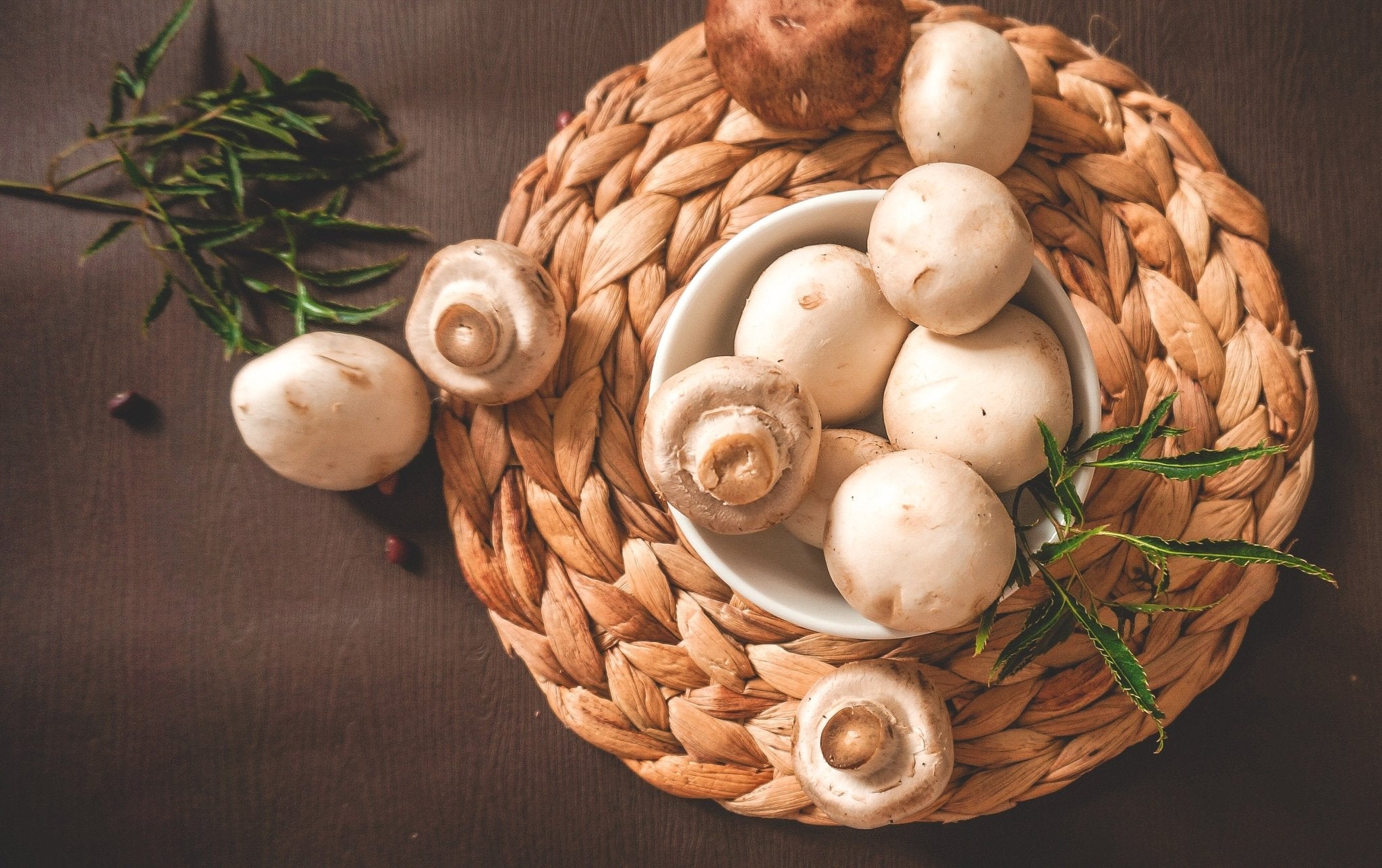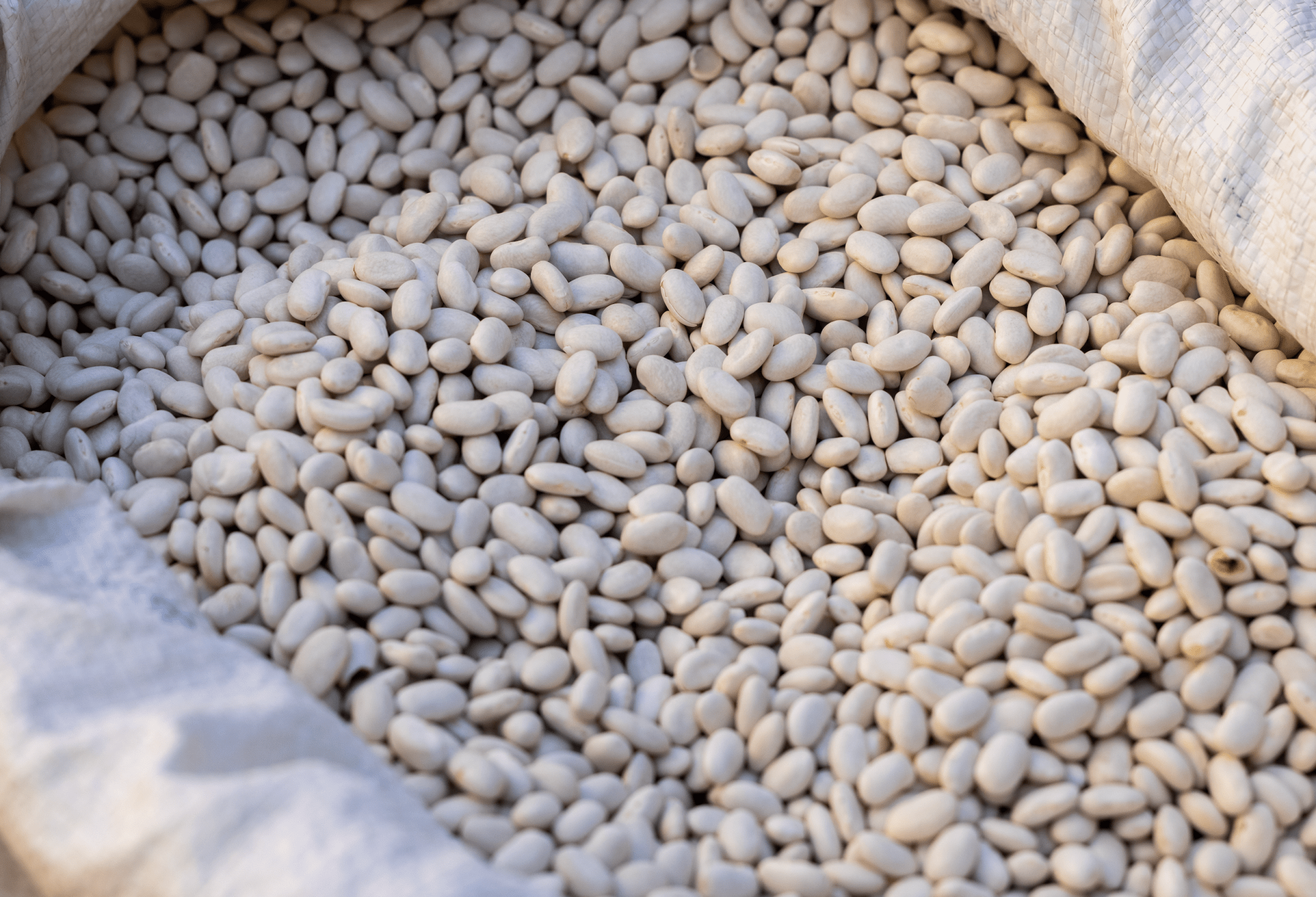Under fresh ownership since October '24—with a new look, new menu, and the same love for sustainable food.
Benefits of a Plant-Based Diet for Human Health

A plant-based diet is a way of eating where the focus is on filling up your plate with plant foods. The closer these plants are to resembling how they're found in nature (i.e. the less processing), the better. This way of eating is also known as a whole-foods plant-based (WFPB) diet, and is strongly associated with tremendous health benefits.
Supports Your Immune System
A diet rich in plant-based foods supports your immune system and reduces your chances of getting sick. Fruits, vegetables, nuts, seeds, grains and legumes naturally contain an abundance of vitamins and minerals, phytochemicals, enzymes and antioxidants, helping to keep your cells healthy and your body in balance so that your immune system can function at its best.
Disease Prevention, Control, and Reversal
There is strong scientific evidence that suggests many chronic diseases can be prevented, controlled, or even reversed with a WFPB diet. The same abundance of phytochemicals and antioxidants that boost your immune system also go around your body neutralising toxins from pollution, processed food, bacteria, viruses and more.
Scientific research highlighted in the most comprehensive study of nutrition ever conducted 'The China Study' by T. Colin Campbell shows that a plant-based diet can reduce the risk of type-2 diabetes, heart disease, certain types of cancer, and other major illnesses. This book is an excellent read for anyone interested and in finding out more about the human health benefits of a plant-based diet. In a nutshell this study concludes that the lower the percentage of animal protein consumed, the greater the health benefits.
Weight Management
A WFPB lifestyle is an ideal diet to lose weight because plant-based foods are naturally more nutritionally dense than most animal-based meal options.
If you eat mostly plants, you remove many of the foods that lead to weight gain. The diet makes it easy to lose weight and keep it off—without counting calories.This is largely due to minimal saturated fat and the addition of sugars being present in plant-based foods.
Improved Heart Health
Plant-based foods are naturally very low in saturated fats and cholesterol, which are known to increase the risk of heart disease. Additionally, plant-based diets can help in losing weight, which is a significant factor that contributes to heart health. Studies have shown that a plant-based diet can reduce the risk of heart disease by up to 31% and can lower blood pressure, which is another risk factor for heart disease.
Increased Fibre Intake
Fibre is present in all unprocessed plant foods. Fibre is best seen as the "strings" in celery or the tough texture in kale. Because we can't digest it, it passes through our body and helps to move all the other food and nutrients along with it. This is very good because it helps prevent heart disease, cancer of the intestines, diabetes and obesity. High-fibre diets are usually low in fat and very filling.
Eating a plant-based diet improves the health of your gut so you are better able to absorb the nutrients from food that support your immune system and reduce inflammation. Fibre can lower cholesterol and stabilise blood sugar and it’s great for good bowel management.
Improved Quality and Length of Life
All of the other potential benefits listed here roll into one major one: improving quality and length of life. The Journal of the American Heart Association study found that a plant-based diet lowers the risk of all causes of mortality by 25 percent. And of course, greater health provides a great foundation for greater happiness.
"Nothing will benefit human health and increase the chances for survival of life on Earth as much as the evolution to a vegetarian diet."
- David Attenborough
- The Sustainable Food Co.
Continue reading
View all postsCreative Ways to Reduce Single-Use Plastic at your Event
Events are one of the most challenging places to manage waste. With so many people attending, how do event organisers move towards zero-waste, guide event attendees towards more sustainable decisions and overall ensure that th...
Read MoreBenefits of a Plant-Based Diet for Environmental Health
With sustainability and climate change being at the forefront of a lot of people’s minds, a lot of people are wondering how they can do their part, and particularly, the question of how our food impacts the environment has bee...
Read MoreWhat is Umami and how do we add more of it into Plant-Based Meals?
Umami is a rich, savoury, deep flavour that makes a meal satiating, satisfying and incredibly enjoyable. Meat and seafood are particularly rich in umami which is one reason why a lot of people prefer the taste of meat-based di...
Read MoreChef’s Hacks You Didn’t Know You Needed Until Now
Give these simple tricks a go next time you're whipping something up in the kitchen. Your taste buds and guests will thank you! 1. Add your salt in your food rather than on your food Add it while cooking and let it really abso...
Read More5 Reasons Dried Pulses are the Undercover Superfood of the World
Pulses are the edible seeds from a legume plant. We’re talking chickpeas, lentils, black beans, butter beans, peas, fava beans, kidney beans, cannelini, pinto etc. Best stored dried to prolong their shelf life - these humble i...
Read More



